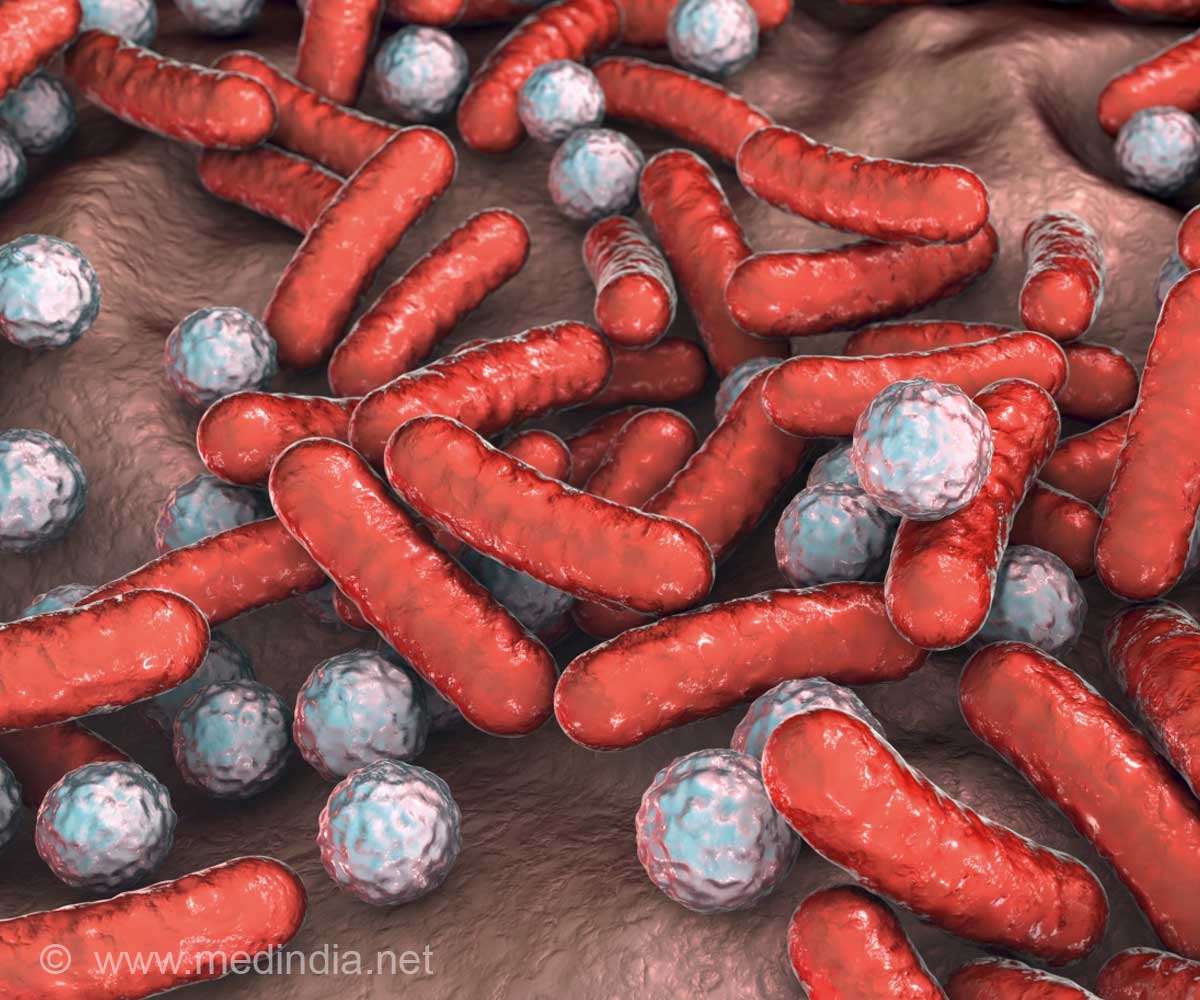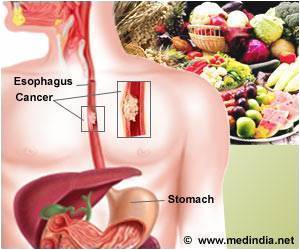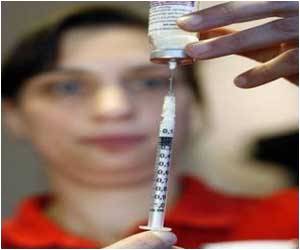Neonatal stress leads to increased stress reactivity and gut dysfunction that changes the gut microbiota which, in turn, alters brain function.

For the study, researchers subjected mice to early life stress. Newborn mice were separated for three hours each day from their mothers and then they were put back with them. Rodents with complex microbiota, which had been maternally separated, displayed anxiety and depression-like behavior, with abnormal levels of the stress hormone corticosterone. These animals also showed gut dysfunction based on the release of a major neurotransmitter called acetylcholine.
Then, the researchers repeated the same experiment in germ-free conditions and found that in the absence of bacteria, mice which were maternally separated still have altered stress hormone levels and gut dysfunction. The study findings suggest that relatively minor changes in microbiota profiles or its metabolic activity induced by neonatal stress can have profound effects on host behavior in adulthood. Bercik said, "Neonatal stress leads to increased stress reactivity and gut dysfunction that changes the gut microbiota which, in turn, alters brain function."
The study is published in Nature Communications.
Source-IANS















